The best writing in PC games
Great quips and shining scripts make these games special.
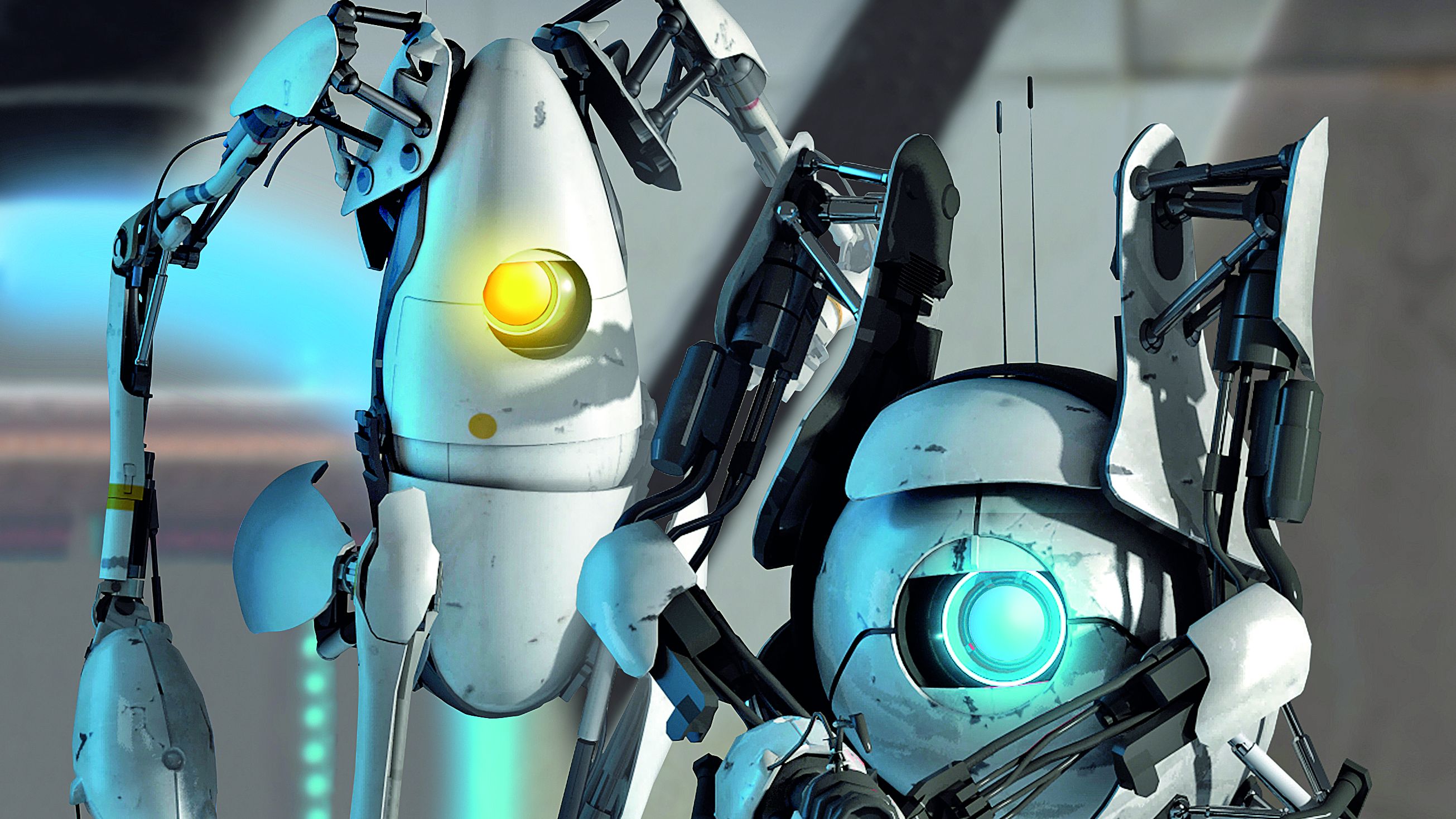
Whether they have great dialogue, stories, or characters—or just good jokes—these are the best-written games on PC.
Portal 2
Developer: Valve Corporation
Year: 2011
Valve’s incredible puzzle game takes you on a journey through the absurd history of Aperture Science, from the dusty beige offices of the ’70s to the gleaming test chambers of the present day. Eccentric Aperture founder Cave Johnson’s recorded speeches and ramblings are hilarious and learning the dark origin story of series villain GLaDOS is surprisingly moving.
South Park: The Stick of Truth
Developer: Obsidian Entertainment
Year: 2014
Written by Trey Parker and Matt Stone, this is one of the most faithful adaptations ever made. True to the show, it’s crass, satirical and merciless in its ridicule of pop and videogame culture. But it also has a solid story of its own, cleverly parodying the fantasy genre to tell an unpredictable tale that keeps you interested, and shocked, all the way through.
Keep up to date with the most important stories and the best deals, as picked by the PC Gamer team.
Planescape: Torment
Developer: Black Isle Studios
Year: 1999
After the familiar fantasy of Baldur’s Gate, Torment takes the Infinity Engine to a very different place. Based on the bizarre Planescape D&D setting, it’s an RPG about a nameless immortal trying to reclaim his past. His adventure begins in a city at the centre of the multiverse, which connects to other planes of existence, and the writing is rich and intricate, describing the things you see, places you visit, and people you meet there in verbose detail.
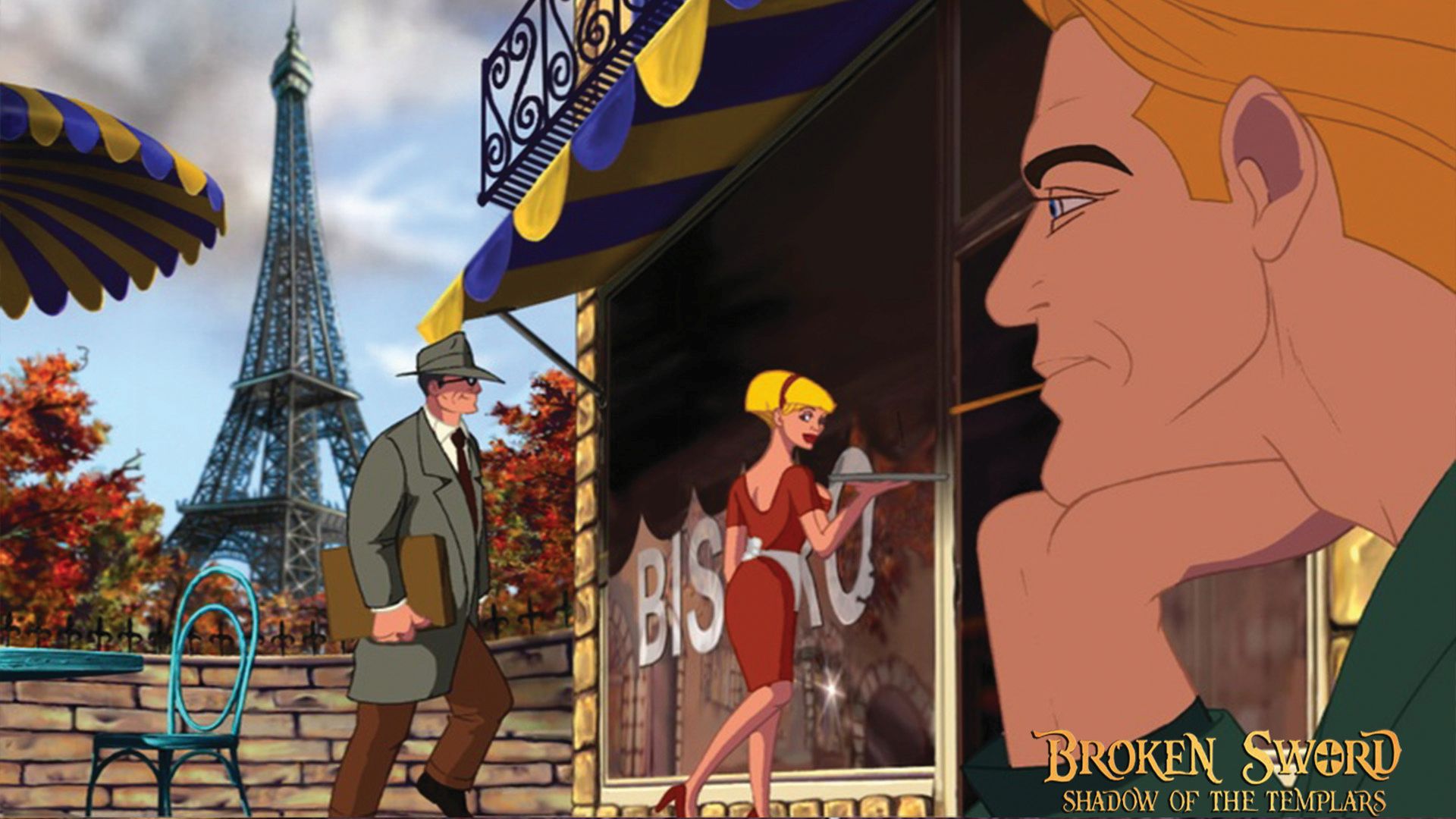
Broken Sword: The Shadow of the Templars
Developer: Revolution Software
Year: 1996
A tourist investigates the bombing of a Parisian café and gets tangled up in a conspiracy involving a sinister cult and an ancient order of knights. The first and best Broken Sword weaves an intriguing murder mystery with fascinating real history, and is genuinely funny to boot.
80 Days
Developer: Inkle
Year: 2015
A masterpiece of interactive fiction, 80 Days gives Jules Verne’s famous novel a sci-fi twist. You travel on amphibious trains, mechanical spiders, self-driving palanquins and other odd vehicles as you try to get around the globe in the titular time limit. The writing is impeccable and every trip is different depending on the route you take. It’s funny, emotional, and deftly tackles subjects such as race and colonialism without it feeling forced.
Firewatch
Developer: Campo Santo
Year: 2016
The overall arc of Campo Santo’s impressive debut is divisive, but everyone can agree that the over-the-radio banter between protagonist Henry and his distant friend Delilah is wonderful. Warm and witty, the conversations between the pair as you wander the beautiful forest setting have genuine heart, and the ending, whether you like it or not, packs an emotional punch. These are characters you come to care about.
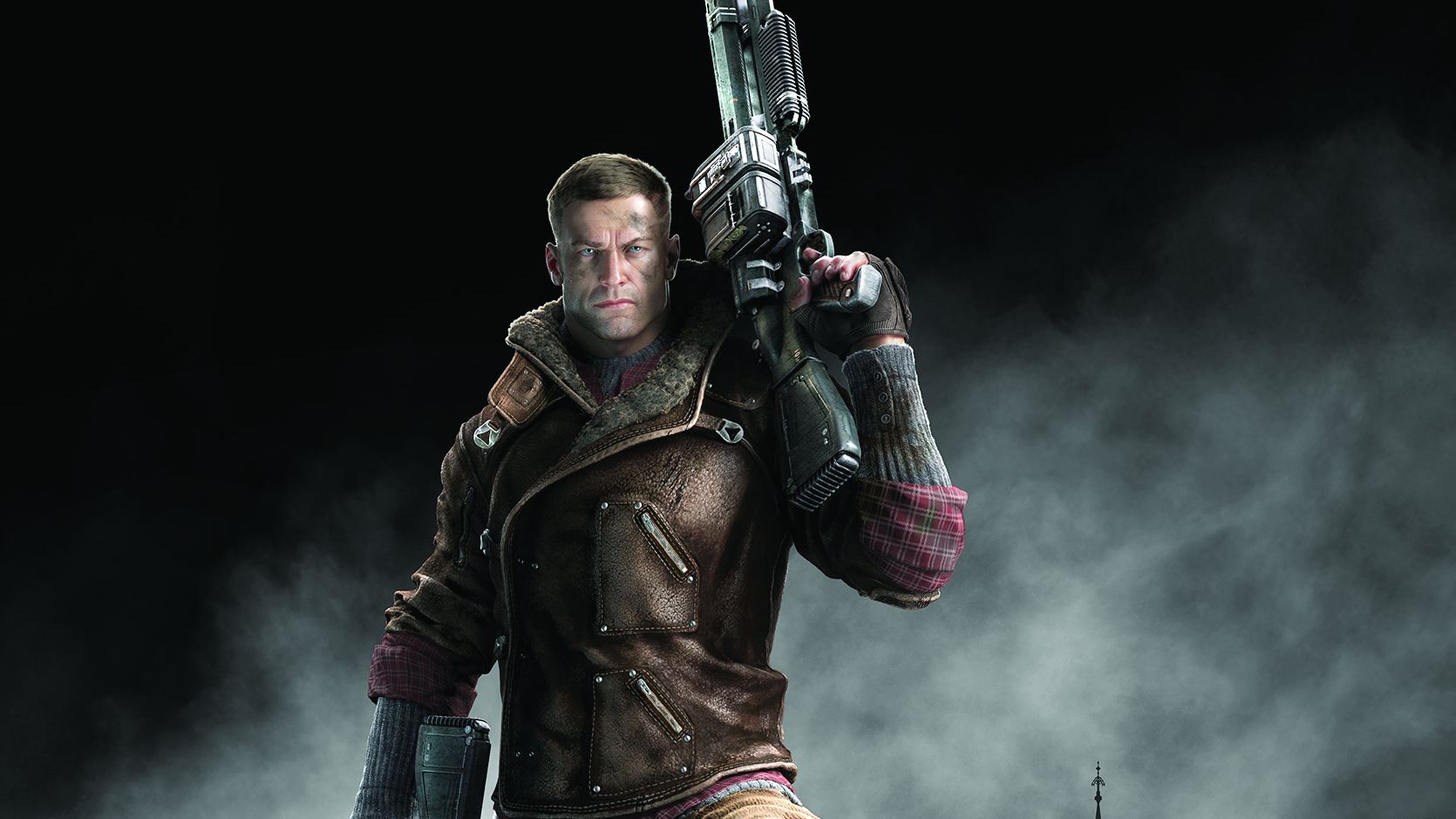
Wolfenstein: The New Order
Developer: Machine Games
Year: 2014
No one expected a Wolfenstein reboot to be praised for its story, but that’s one of the best, most surprising things about it. Its cast of oddballs, joyously pulpy storyline, stylish alternate history setting, and unashamed self-awareness set it apart, and Blazkowicz’s gruff inner monologue is a frequent source of amusement.
Everybody's Gone To the Rapture
Developer: The Chinese Room
Year: 2016
Games don’t often venture into rural England, which makes Rapture such a rare delight. The sci-fi story is the weakest part; it’s the interactions between the villagers that really shine. Understated and natural, you feel like you’re eavesdropping on real people’s lives.
Pillars of Eternity
Developer: Obsidian Entertainment
Year: 2015
This homage to classic Infinity Engine RPGs is heaving with confident writing, and its prose paints a world rich with fascinating culture and history. The way it vividly describes a character’s body language, voice, and facial expressions as you talk to them gives even the most insignificant NPC a distinct personality. It’s one of the best modern celebrations of the written word on PC.
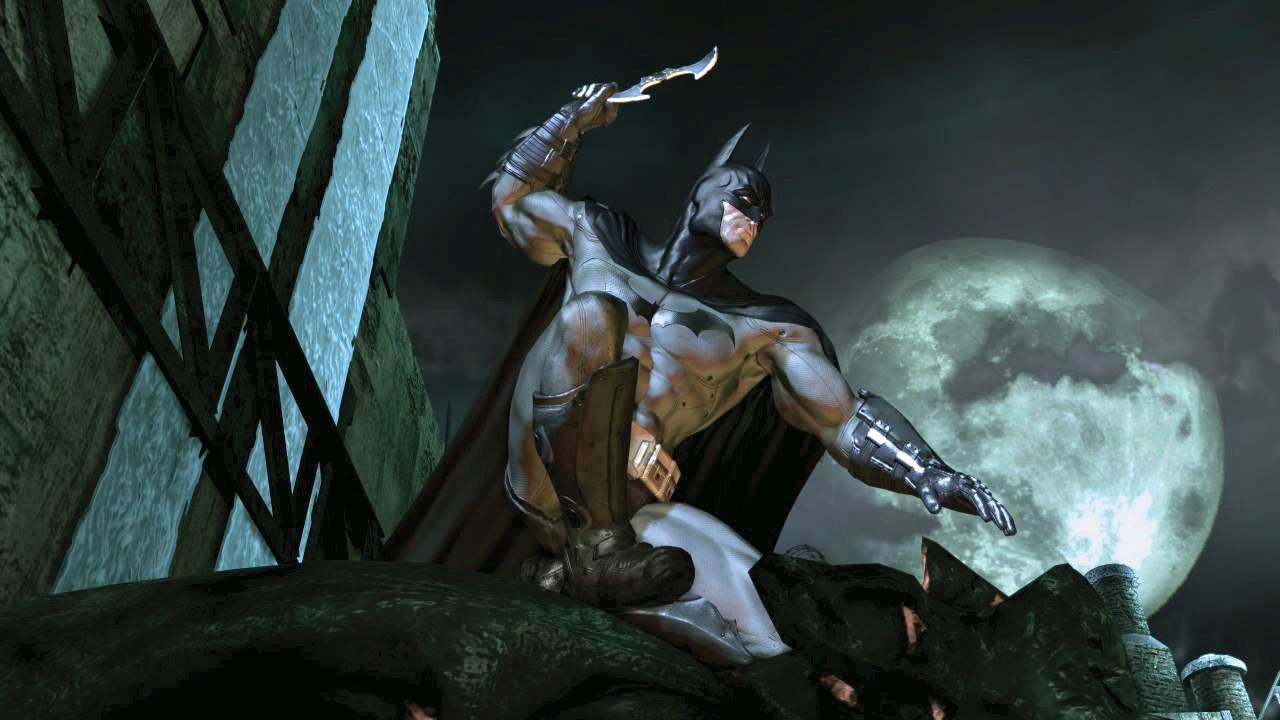
Batman: Arkham Asylum
Developer: Rocksteady Entertainment
Year: 2009
Prior to this, Batman games were often based on existing stories. The chance to write an original one is what attracted writer Paul Dini. The result is a classic Batman tale that takes the mythology and creates something fresh and exciting with it.
The Witcher 3: Wild Hunt
Developer: CD Projekt Red
Year: 2015
Inspired by Eastern European folklore, The Witcher’s fantasy world is distinct from other RPGs. But what makes it really special is how it uses familiar stuff like curses, monsters and vampires to tell human stories. The moral choices Geralt has to make are never black and white, incorporating difficult real-world issues that give them extra weight.
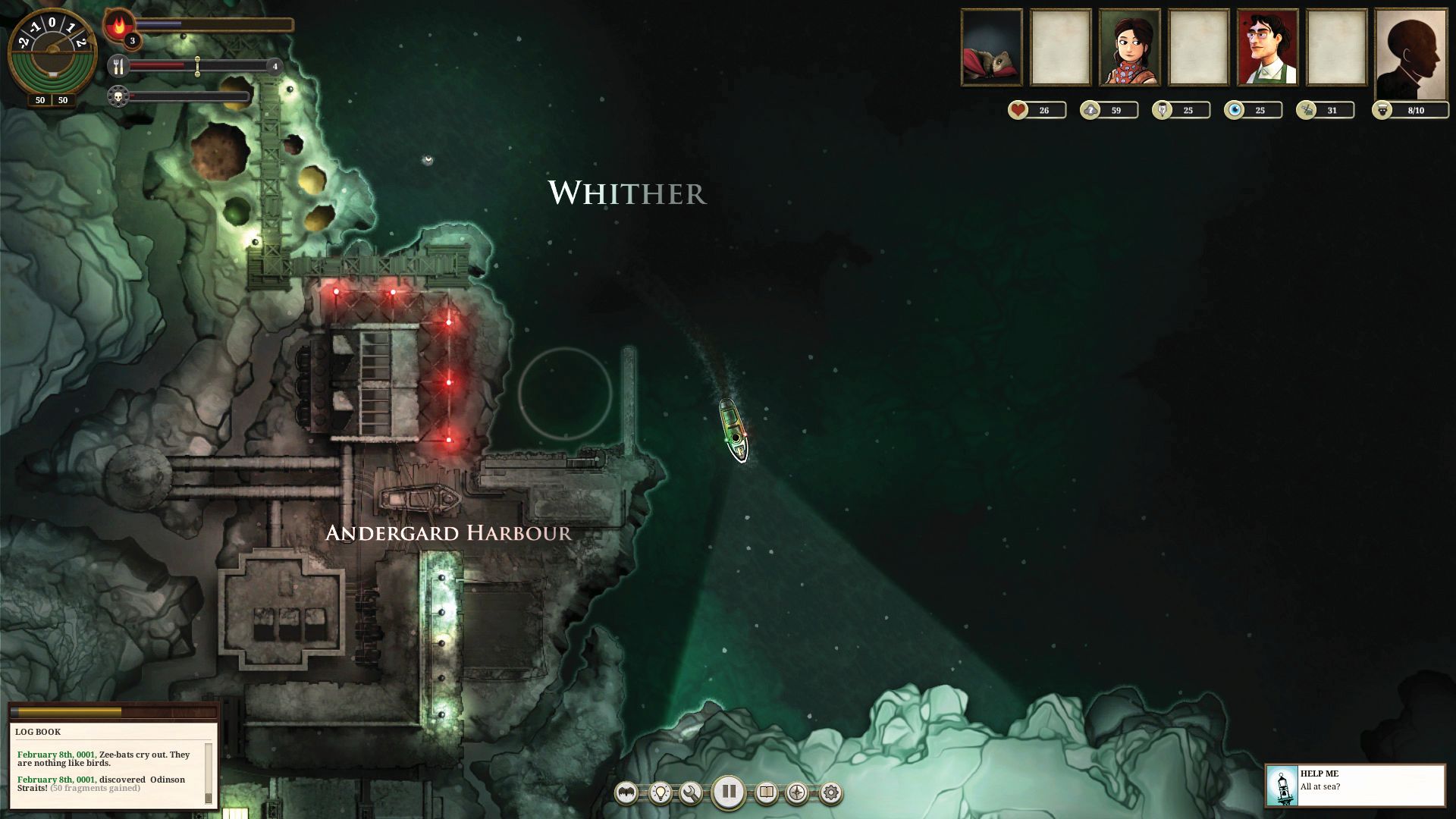
Sunless Sea
Developer: Failbetter Games
Year: 2015
This Lovecraftian nautical RPG is set in a vast underground sea. It’s what sailors used to think the actual sea was like, filled with monsters and other horrors, and you’re on a mission to explore every corner. It’s a wordy game, but every place you dock at tells a weird, fascinating, well-written story—and the choices you make in these encounters can have surprising outcomes.
Gone Home
Developer: Fullbright
Year: 2013
Gone Home is a rare example of a game that tells a small story. As you poke around the eerily empty house at 1 Arbor Hill, listening to a storm rumbling outside, you uncover it piece by piece—through letters, notes, and diary entries. And when you reach the end you can’t help but fall victim to its moving final reveal. Fullbright’s debut is an unforgettable, bittersweet experience.
Her Story
Developer: Sam Barlow
Year: 2015
What’s interesting about Her Story is that everyone’s version of the story will be very different. You take a non-linear path through the mystery of a missing person by tapping keywords into an old police archive of short video clips, and the story becomes clearer with each one you uncover. This unique structure, combined with believable and well-acted interviews, makes it a bold, compelling narrative experiment that pays off, but in a different way for every person who plays it.
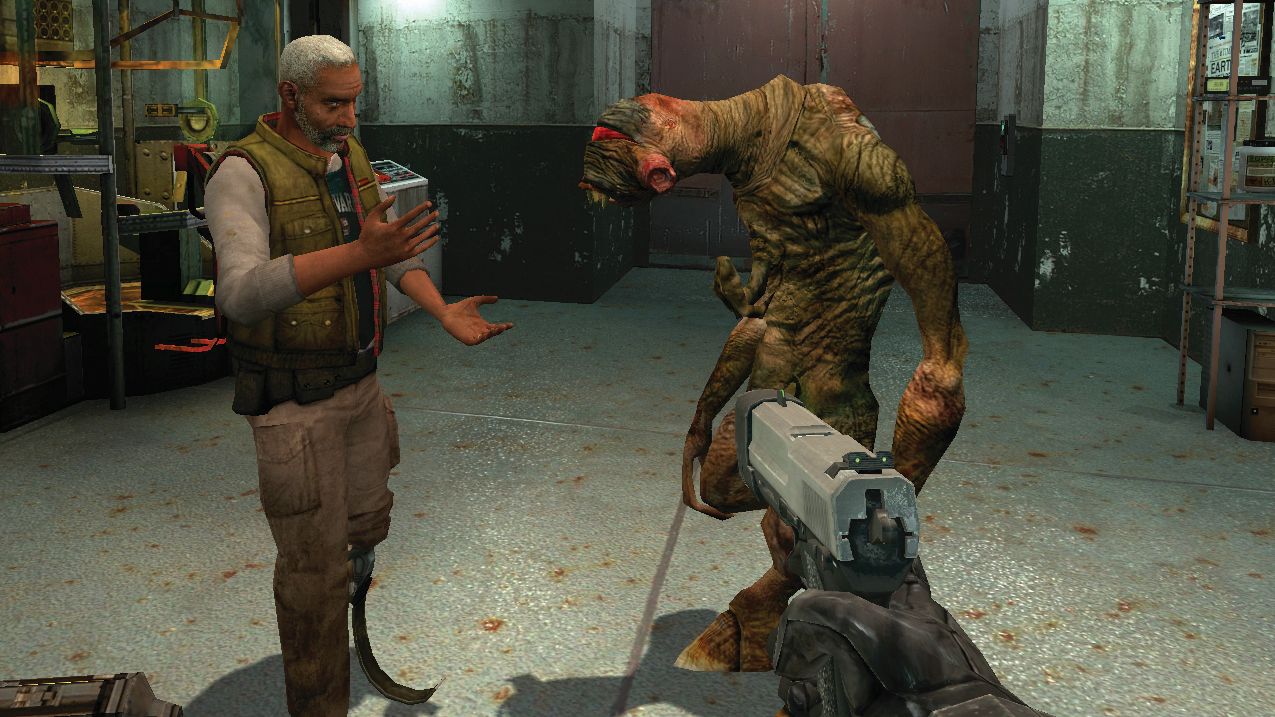
Half-Life 2
Developer: Valve Corporation
Year: 2004
Half-Life 2 remains one of the best examples of the benefits of showing and not telling when it comes to telling a story in a game. Waking from a long sleep, you learn about what happened to this bleak dystopian world along with protagonist Freeman, piecing it together from newspaper clippings, snippets of dialogue, and subtle details in the world. Learning about the eerie Combine and their sinister plans for Earth, and exploring the dystopian City 17, props up the first-person shooting brilliantly
Mass Effect 2
Developer: Bioware
Year: 2010
The second Mass Effect takes the rich sci-fi universe established in the first game and brings real depth to the people who inhabit it. BioWare gives us a crew of characters whose lives we become entwined in as Commander Shepard, and some of whom we genuinely grow to love. Which makes the ‘suicide mission’ at the end, where any of them can die in an instant if you make a bad decision, a hugely stressful experience.
Spec Ops: The Line
Developer: Yager Development
Year: 2012
While more heavy-handed than its inspiration, Apocalypse Now, Spec Ops conveys the horror of war in a real-world setting, in this case a fictionalised Dubai. You play Captain Walker, who’s sent to find out what happened to Colonel John Konrad, but things quickly go wrong. The success of the writing comes in the increasingly frenzied dialogue between Walker and his team, subverting the traditional role of being a hero in a shooter.
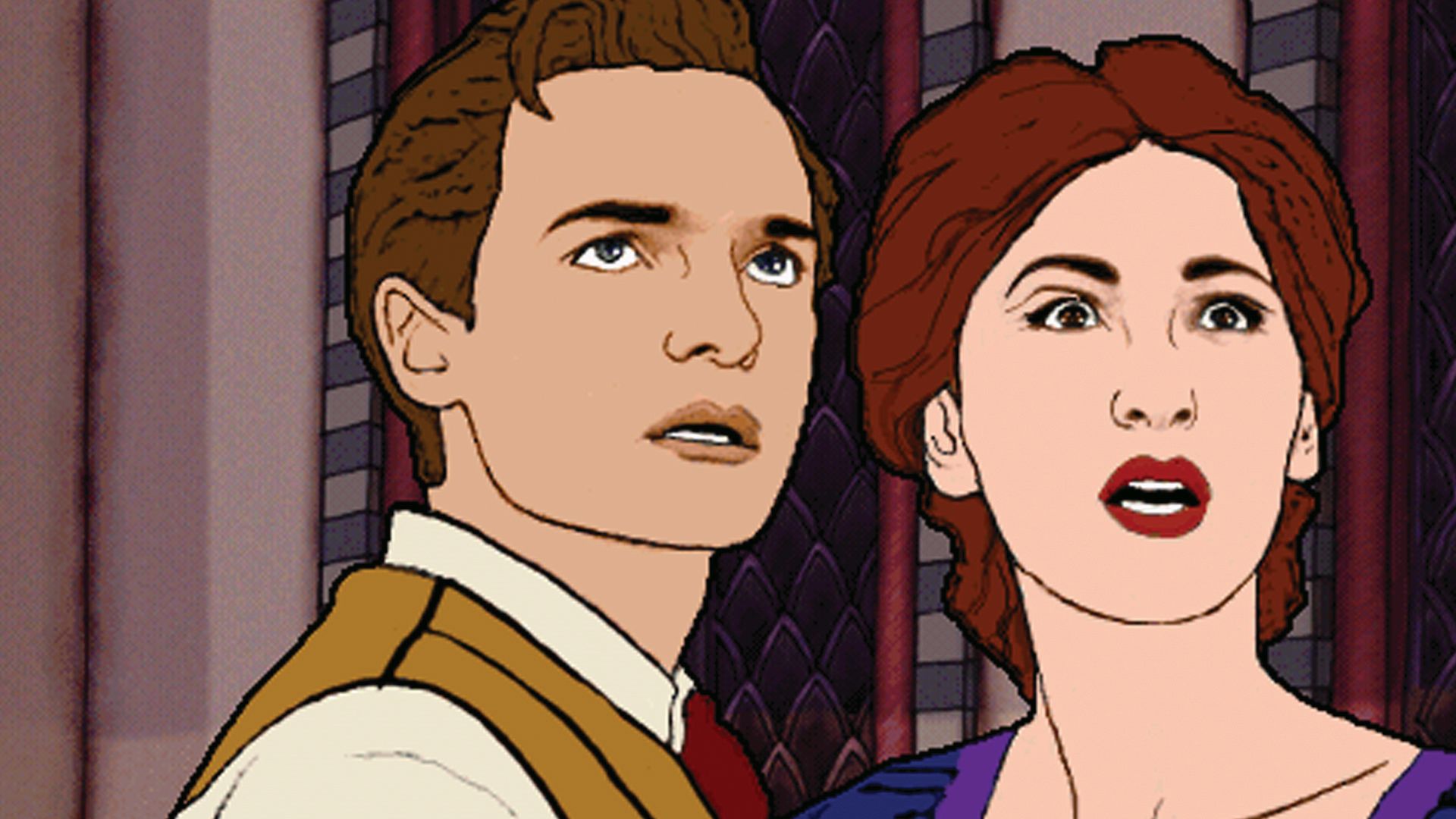
The Last Express
Developer: Smoking Car Productions
Year: 1997
Set on the Orient Express in 1914, days before the beginning of WWI, this adventure is like stepping back in time. It captures the political and social issues of the period brilliantly, represented by your fellow passengers. You mingle with arms dealers, soldiers and noblemen, and through them you learn about a troubled world on the brink of war.
Bioshock
Developer: Irrational Games
Year: 2007
In most shooters you follow a prescribed path, blindly following the orders of disembodied voices, never questioning them. What’s clever about BioShock is that it makes a story out of this. Protagonist Jack thinks he’s a plane crash survivor lost in Rapture, but is in truth a brainwashed assassin being manipulated by a character who you initially think is helping you. The idea of a dystopian underwater city is wonderfully unique, brought to life by the tragic stories of its crazed, plasmid-addicted citizens. The ending split opinion, and the moral choices are bluntly binary, but BioShock tells one of gaming’s most imaginative stories both through dialogue and its detailed, evocative environments.
If it’s set in space, Andy will probably write about it. He loves sci-fi, adventure games, taking screenshots, Twin Peaks, weird sims, Alien: Isolation, and anything with a good story.


